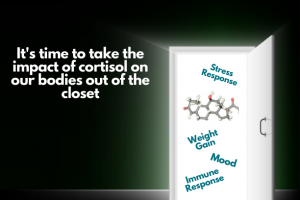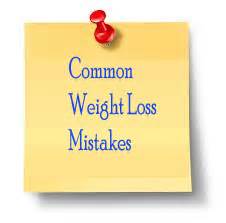 When I was a Master’s degree student, not much was mentioned about hormones. Sounds silly now because the counseling education now has become more integrated with neuroscience. Still, we overlook the impact of hormones in the psychological symptoms people experience.
When I was a Master’s degree student, not much was mentioned about hormones. Sounds silly now because the counseling education now has become more integrated with neuroscience. Still, we overlook the impact of hormones in the psychological symptoms people experience.
Stress is a common experience that people report in a counseling session or a chat with friends. Stress does not discriminate. Age, race, gender, or job title. It’s still there. If we’re looking for Stress, we’ll find it hiding in plain sight among people with addiction, people worried about money, people who are away from family and feel homesick and people who are homeless with no one to help them. Students can’t concentrate, can’t remember because they are stressed. Old people too. It’s just different fear, but still they complain of forgetfulness and fear losing their mental abilities.
It doesn’t end there. There are thoughts that intrude, out of the blue. “Did I lock the door? Did I turn off the stove?” and “Does he/she still love me?”
There is no one “out there” asking these questions. We know that the brain is responsible for communicating with the body. So, when the brain senses external information from the environment, like having to take a test, it alerts the body about a perceived threat. This is good news, to some extent, because we need to get a boost of adrenaline, focus our attention, and get moving. Thoughts about the meaning of failing the test can create a life-or death belief about failing the test. This triggers the brain to send out signals to other bodily organs prompting the heart to speed up, the mouth to get dry, decrease hunger, dilate pupils, and the release of adrenaline or epinephrine.
If the nervous system is responsive, once the test has been taken and the student leaves the room, the nervous system slows down, heart rate returns to normal, pupils become normal and hunger returns.
But, what if something doesn’t work that way? What if the stressor (the test, for example) is not present but the person reacts as if something is there? What if we are living in a constant state of stress? Now, we get into the realm of learning more about the impact of thoughts, memory, imagination, beliefs, and perception. When a person experiences increased levels of stress, this translates to an increase of the stress hormone, Cortisol. This plays a major role is what comes to be known as Depression, Anxiety, Panic Attacks, Hives, Irritable Bowel Syndrome, Insomnia, Muscle Tenseness, Headaches, Teeth Grinding, and more. When we are stressed, our body automatically stops focusing on boosting our immune system against other things, digesting our food, or any other “non-necessary” processes in that moment, so it can focus on handling “the immediate threat”.
The good thing is we know more about this cycle. We understand the immune system is compromised by stress and people catch more colds and viruses and stay sick longer. We also know we need Cortisol. Like salt sprinkled on our food throughout the day, we need a sprinkling of Cortisol throughout the body and a lot of it when we need to act quickly.
More good news: we can lower the level of unhealthy Cortisol. Here are some tips but know this is not everything and your medical doctor should always be consulted when you try something new.
1) Exercise. The recommendation is 30 to 60 minutes per day. But, anything counts. Pick something that fits your needs and physical abilities. As with most things, moderation is a good motto. Your Cortisol level will increase during exercise (what?). However, cortisol levels begin to decrease once exercise is complete.
2) Mindfulness. There are so many books, research articles, videos that you can learn all you want to learn about mindfulness practice with just a little effort. Mindful practices decrease activity in the stress response pattern and promote feelings of relaxation, calm, renewal.
3) Breathwork. You may recall when you are stressed your breathing is altered. We hold our breaths, breath very shallow, and feel like we can’t take a deep breath. Breathwork is practicing and learning about the way breath can affect cortisol, thus reduce stress. Diaphragmatic breathing and many other breath exercises puts you in more control of how you function and how you feel.
4) Thought Patrol. Hans Selye is credited with being the professor who pioneered stress research. One of his quotes is worth writing here. “It’s not the stress that kills us, it is our reaction to it.”
Many therapeutic techniques, such as Cognitive Behavioral Theory, addresses the power of thoughts, particularly those that are crystal-ball thoughts or rooted in the past.
In summary, Cortisol exists for a reason, and it keeps us healthy and functioning well during life experiences. At the same time, it can get on the fast train and travel all over our bodies carrying the wrong messages or too many messages. If you learn about its role in your life, you can work toward helping yourself to have wellness instead of Stress.
If you’d like to work with me in therapy or coaching to work on the mental aspects of weight loss and stress management, I’d love to hear from you. We can talk it over and decide the best way forward. Questions? Email me at patriciabrawley@earthlink.





